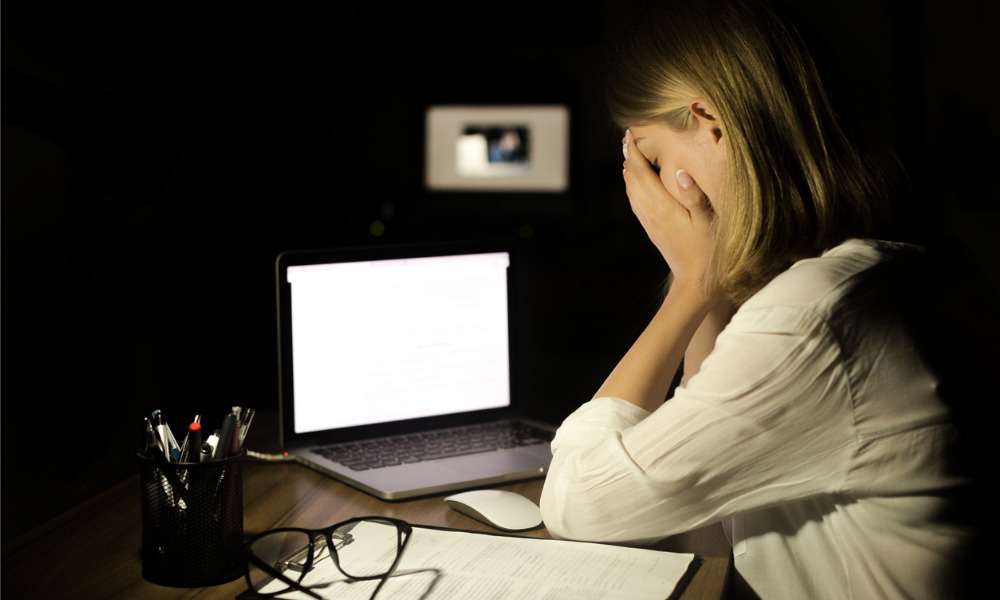PEI survey finds two-thirds of respondents have suffered from harassment at work

Almost two-thirds (64 per cent) of respondents to a survey in P.E.I. say they have suffered sexual harassment at work.
Broken down, that includes more than one-third (38 per cent) of women and 20 per cent of men, finds the survey by Shift, a workplace sexual harassment project by the PEI Human Rights Commission.
While one-third say they have experienced the harassment once, more than one-quarter (29 per cent) have experienced it multiple times.
With so many incidents of sexual harassment in the workplace happening, the Association of Alberta Sexual Assault Services (AASAS) is hoping to change the narrative with a storytelling campaign called #momentsmatter.
Impact of sexual harassment
As a result, many (22 per cent) avoided social events or activities at work, finds the survey of 1,621 people.
Similarly, many (21 per cent) called in sick or turned down work shifts or opportunities.
Despite conveying concerns or claims of sexual harassment to colleagues, supervisors or human resources, women are often told to move on and stop raising the issue, according to a 2018 study.
Other ways that sexual harassment had an impact:
- Poor physical health (such as headaches and sleeping problems) (18 per cent)
- Quitting the job or taking a leave of absence (17 per cent)
- Not feeling safe at work (16 per cent)
- Feeling distracted or unable to focus at work (16 per cent)
- Feeling a loss of dignity (16 per cent)
- Poor mental health (such as stress or anxiety) (15 per cent)
- Experiencing tension or conflict at work (15 per cent)
- Lower self-esteem (13 per cent)
- Decreased productivity at work (13 per cent)
- Lower opinion of the employer (eight per cent)
The federal government recently announced it is investing in artificial intelligence (AI) to try and combat sexual harassment.




